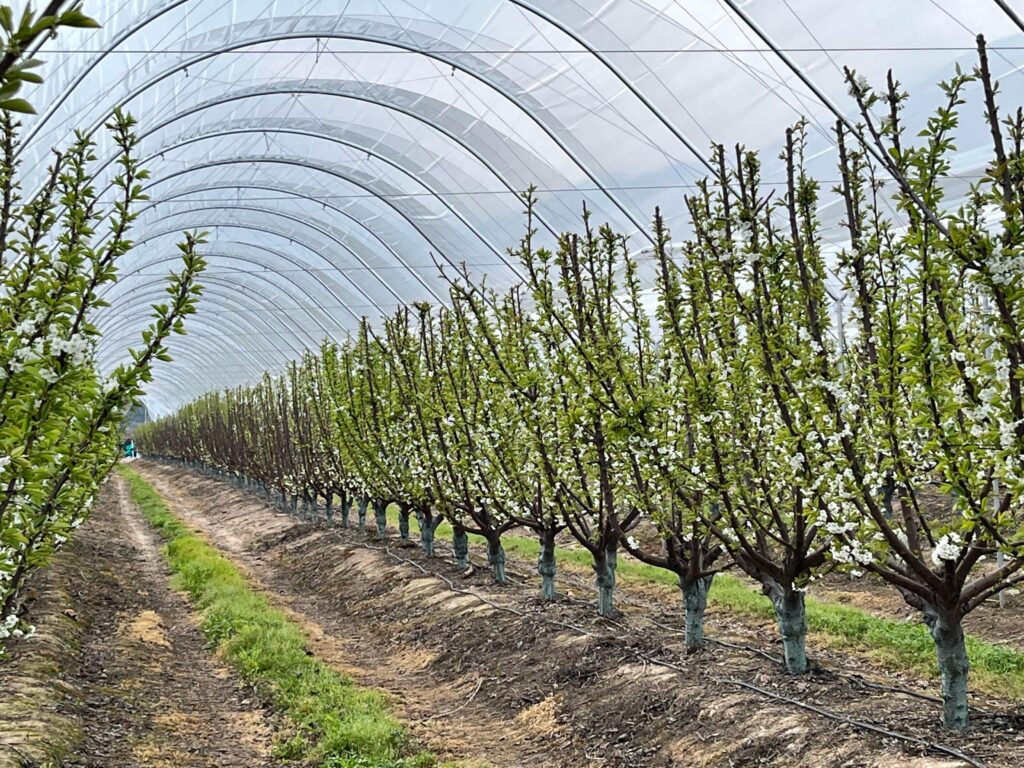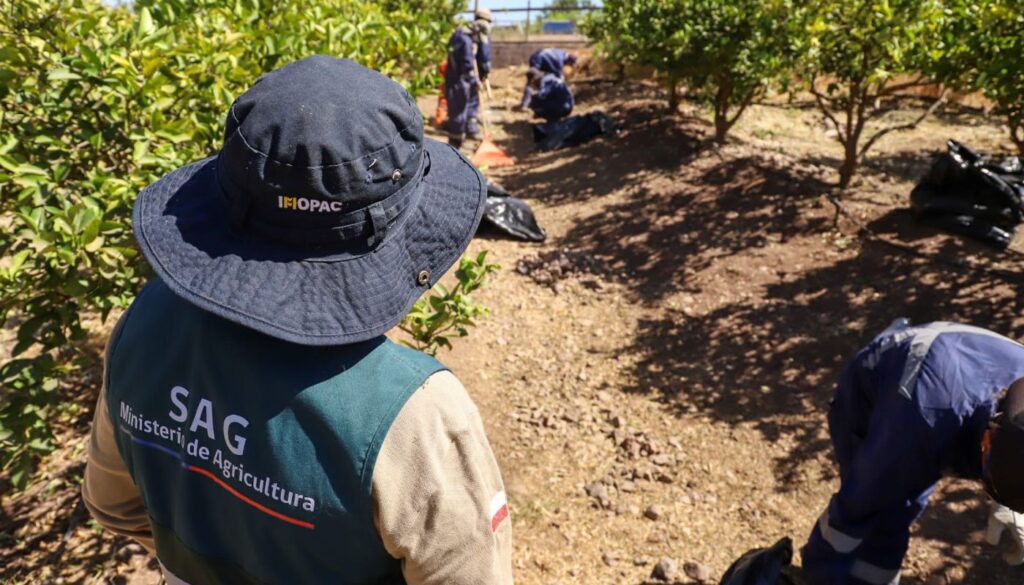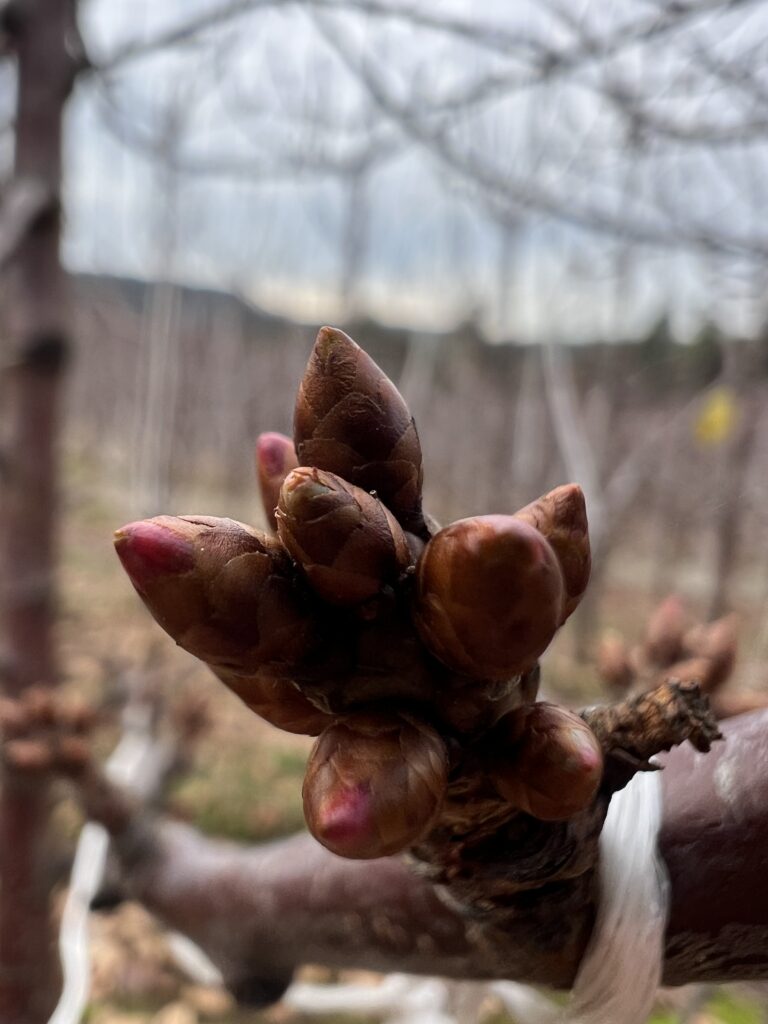The Minister of Agriculture, Esteban Valenzuela, responded to the statements of Jorge Valenzuela, President of Fedefruta, who, following the announcements of modifications to the irrigation law in the recent presidential public report, stated that: «82% of the fruit-growing surface in the country will be left without access to the instrument that promotes efficient irrigation on the farms, which is equivalent to 4,000 companies in the sector«.

“This is a unanimous agreement of the Senate of the Republic and what it does is focus on efficiency, considering climate change, in those sectors that have more gaps. Furthermore, it is false that the big ones are excluded,” said the Minister of Agriculture, Esteban Valenzuela, when clarifying the scope of the modifications to the Law for the Promotion of Irrigation and that were criticized by some sectors such as the National Federation of Fruit Producers (Fedefruta), who described these changes as “anti-growth,” responded the Minister of Agriculture.
Valenzuela explained that “Half of the National Irrigation Commission’s budget, which is $116,000 million, goes to the projects of the canal operators, user organizations where there are small, medium and large; companies that sell up to 50,000 UF per year are not excluded, they are important companies that can also apply.”
This was complemented by the executive secretary of the National Irrigation Commission (CNR), Wilson Ureta, who pointed out that “The conditions set by the Senate allow more than 991% of farmers to apply with individual intra-farm projects, mainly for technical development. Of the group of companies that will not be able to access bonuses for technical development projects, approximately 800, 0.21% of the total number of farmers nationwide, are medium-sized companies with sales revenues of between 1.8 and 3.6 billion pesos annually, that is, between 150 and 300 million pesos monthly.”
The executive secretary of the CNR reiterated that “This segment of companies is, without a doubt, one of the most developed in terms of the technical development of their irrigation systems and has historically received significant support from the National Irrigation Commission. In addition, it is one of the few that, together with the companies classified as large, with monthly revenues that start at 300 million and exceed, in some cases, 3,000 million pesos, has the means to finance investments in technical irrigation systems with its own resources.”
In summary, he pointed out, the changes to the irrigation law aim to better focus public resources, "in the groups that need the most help to carry out their projects and that, given the current climate change scenario, are those with the greatest deficit in terms of technology and water efficiency."
Listen to the statements of the Minister of Agriculture:







